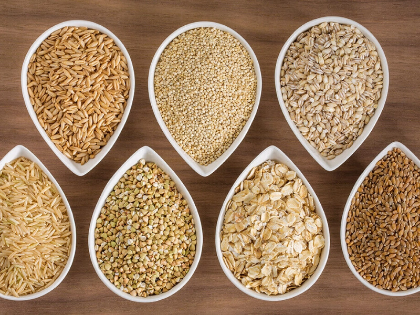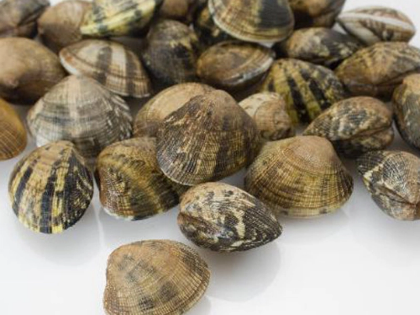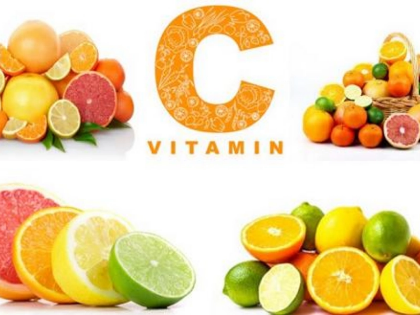The Function of Beef in Promoting Skin and Hair Health
Protein, which is essential for healthy skin and hair, may be found in beef. Selenium and zinc are also present. Heme iron, found in beef, is easier to absorb than non-heme iron found in plant sources. Heme iron is necessary for the formation of haemoglobin, the count of blood cells, and the delivery of oxygen to the skin. It also lessens solar UV damage, sagging, and enhances skin tone and moisture.
1. Iron Heme
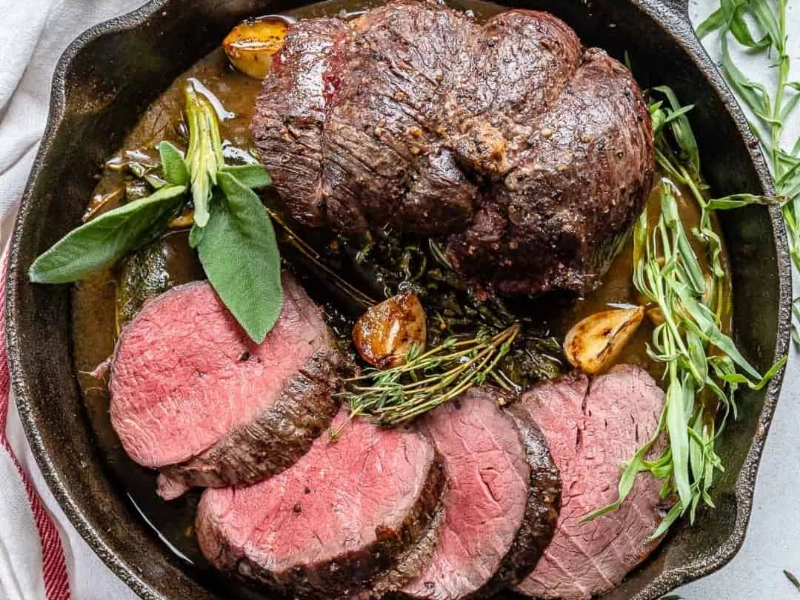
2. Magnesium
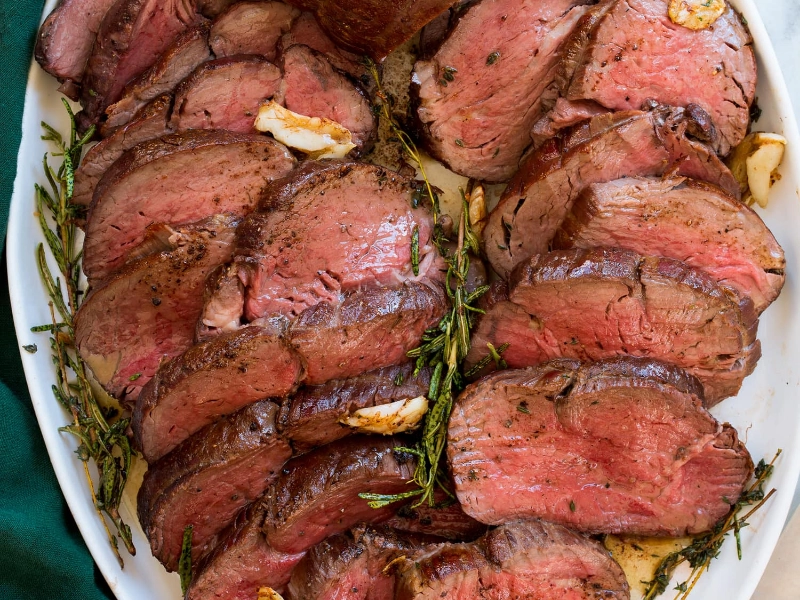 Minerals rich in antioxidants, such as selenium, lessen oxidative stress and shield cells from harm. Moreover, it increases metabolism, promotes the production of thyroid hormones, and prevents heart disease.
Because it is a crucial cofactor for glutathione peroxidase, an enzyme that encourages healthy cell proliferation and inhibits the creation of tumours, it also aids in the prevention of cancer. Organ meats (liver, kidney, brain, tongue), Brazil nuts, turkey and other fowl, organic and pasture-raised beef, and shellfish are rich sources of selenium.
Due to variations in soil selenium concentrations and the quantity of selenium integrated into plant-based foods, dietary selenium intakes and blood concentrations varied by geographic region [3, 12]. Individuals with the greatest baseline selenium status had a 33% lower chance of dying from cancer and a 28% lower risk of developing cancer, according to a 2018 Cochrane study. [13]
Minerals rich in antioxidants, such as selenium, lessen oxidative stress and shield cells from harm. Moreover, it increases metabolism, promotes the production of thyroid hormones, and prevents heart disease.
Because it is a crucial cofactor for glutathione peroxidase, an enzyme that encourages healthy cell proliferation and inhibits the creation of tumours, it also aids in the prevention of cancer. Organ meats (liver, kidney, brain, tongue), Brazil nuts, turkey and other fowl, organic and pasture-raised beef, and shellfish are rich sources of selenium.
Due to variations in soil selenium concentrations and the quantity of selenium integrated into plant-based foods, dietary selenium intakes and blood concentrations varied by geographic region [3, 12]. Individuals with the greatest baseline selenium status had a 33% lower chance of dying from cancer and a 28% lower risk of developing cancer, according to a 2018 Cochrane study. [13]
3. Alpha-lipoprotein
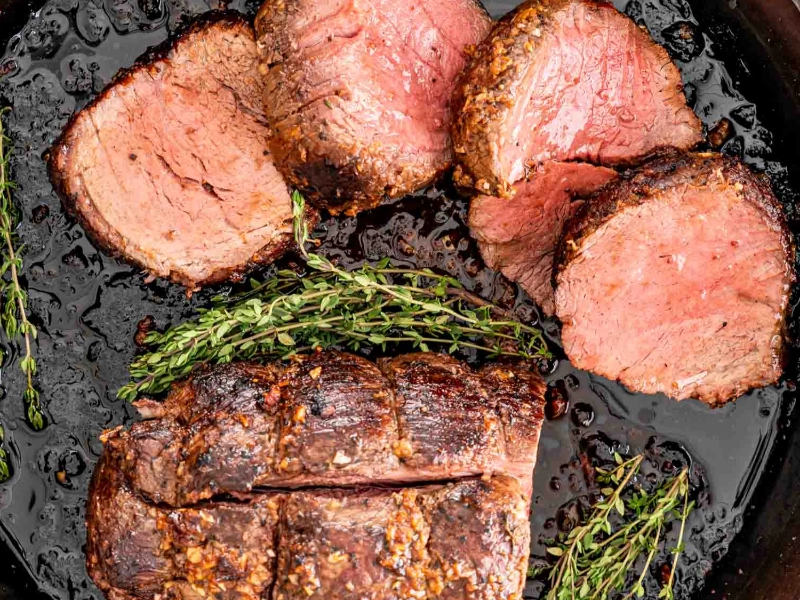 Along with being high in vitamins and minerals, beef is also high in protein. Additionally, it provides an excellent supply of iron in the form of heme, which your body can readily absorb. Beef is also a great source of zinc and selenium. Additionally, it's a rich source of vitamin B12, which can only be obtained from foods derived from animals, like meat.
Beef is often consumed as steaks, roasts, or ribs and is derived from the muscles of cows. Compared to chicken or fish, it has more iron because it is a red meat.
Vitamin A, which is necessary for healthy skin and hair, is another fantastic ingredient found in beef. This is particularly true for beef that is grass-fed or organic, as these beef types typically have higher vitamin A content. Carrots and sweet potatoes are two more veggies that provide vitamin A. Additional sources of Vitamin A consist of fortified milk, ricotta cheese, and liver. Because the vitamin dissolves in fat, your body stores it.
Along with being high in vitamins and minerals, beef is also high in protein. Additionally, it provides an excellent supply of iron in the form of heme, which your body can readily absorb. Beef is also a great source of zinc and selenium. Additionally, it's a rich source of vitamin B12, which can only be obtained from foods derived from animals, like meat.
Beef is often consumed as steaks, roasts, or ribs and is derived from the muscles of cows. Compared to chicken or fish, it has more iron because it is a red meat.
Vitamin A, which is necessary for healthy skin and hair, is another fantastic ingredient found in beef. This is particularly true for beef that is grass-fed or organic, as these beef types typically have higher vitamin A content. Carrots and sweet potatoes are two more veggies that provide vitamin A. Additional sources of Vitamin A consist of fortified milk, ricotta cheese, and liver. Because the vitamin dissolves in fat, your body stores it.
4. Vitamin B
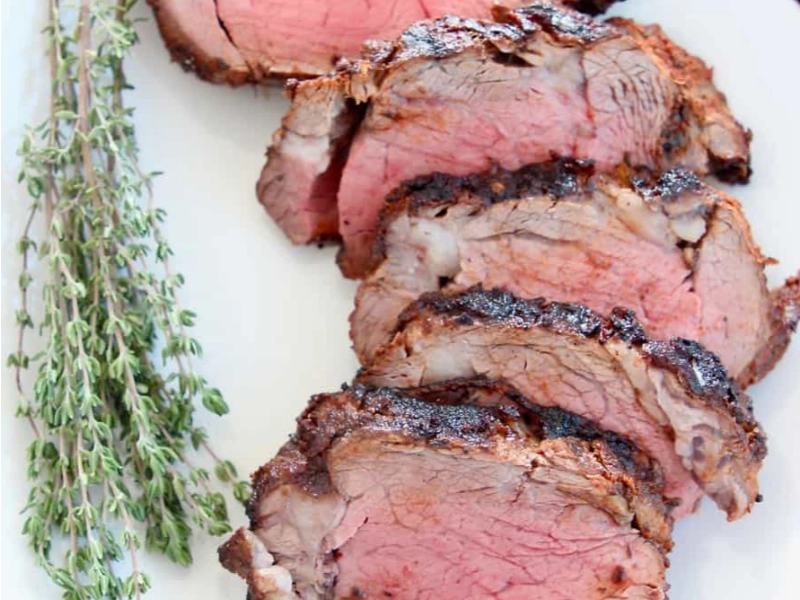 Meat from cows (Bos taurus) is called beef. It is a food that is strong in protein and contains a number of vitamins and minerals. Iron, zinc, and vitamin B12 are among the nutrients that are crucial for the immune system and muscular function. Moreover, it is a good supply of phosphorus, which is necessary for numerous bodily functions.
Myoglobin, the protein that carries oxygen and gives red meat its distinct colour, is abundant in beef, as it is in all red meat. Beef muscle myoglobin turns a vivid cherry red when it comes into contact with air. However, myoglobin becomes maroon or reddish when vacuum-packed. This is typical and has no effect on the meat's flavour. Because they aid in your body's fatty acid metabolism, the water-soluble B vitamins biotin and niacin are particularly significant for the health of your skin. While biotin is well-known for its advantages for hair and nails, niacin aids in maintaining soft skin. Certain supplements for good skin, hair, and nails contain both.
Meat from cows (Bos taurus) is called beef. It is a food that is strong in protein and contains a number of vitamins and minerals. Iron, zinc, and vitamin B12 are among the nutrients that are crucial for the immune system and muscular function. Moreover, it is a good supply of phosphorus, which is necessary for numerous bodily functions.
Myoglobin, the protein that carries oxygen and gives red meat its distinct colour, is abundant in beef, as it is in all red meat. Beef muscle myoglobin turns a vivid cherry red when it comes into contact with air. However, myoglobin becomes maroon or reddish when vacuum-packed. This is typical and has no effect on the meat's flavour. Because they aid in your body's fatty acid metabolism, the water-soluble B vitamins biotin and niacin are particularly significant for the health of your skin. While biotin is well-known for its advantages for hair and nails, niacin aids in maintaining soft skin. Certain supplements for good skin, hair, and nails contain both.





